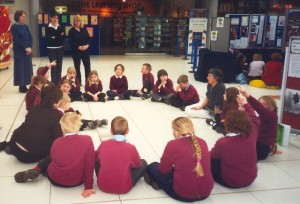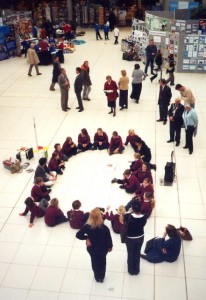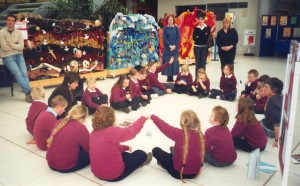No half term break for Philosophy4Children! Dot and I have had a busy half term planning for our next events.
June starts with a full day in a Great Yarmouth school. We are looking forward to this very much. Both of us find the most rewarding part of our work is when we are able to introduce philosophy directly to children, so a whole morning working with children throughout the school will be a delight. The afternoon will be spent reviewing and planning the next steps with their teachers.
The following day we have an introductory session with headteachers in the south Norfolk, north Suffolk area. By the end of this session participants should have the skills to deliver a philosophical enquiry with their children. As a backup to the session, there is a pack to buy.



